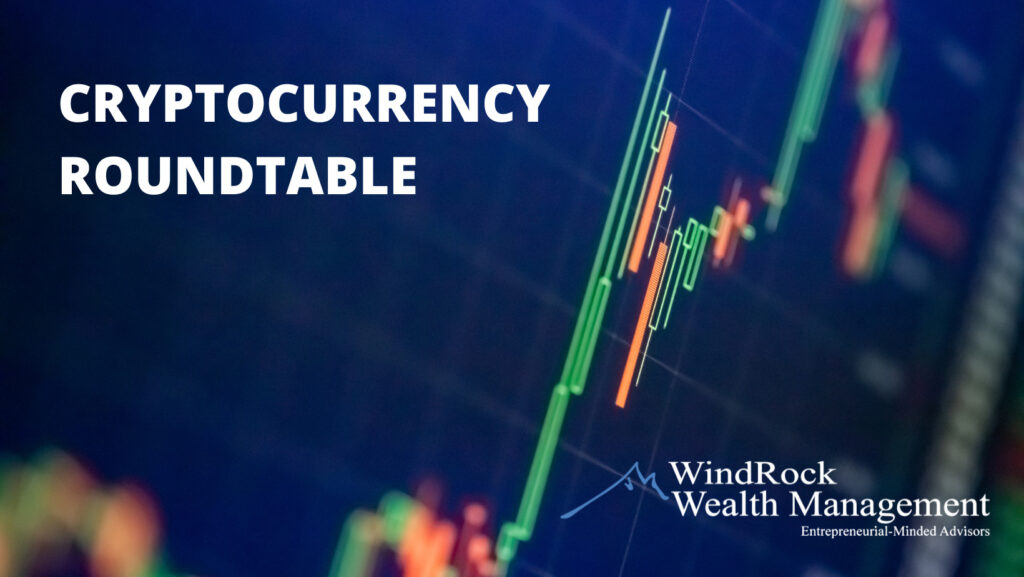Cryptocurrencies Versus Central Bank Digital Currencies (CBDCs)

Choose Your Own Adventure: Cryptocurrencies vs. Central Bank Digital Currencies (CBDCs)

Any child of the 1970s and 1980s remembers getting creative to find things to do in a world before the internet, mobile phones, and endless streaming platforms (there were only four network television stations). One activity to spur the imagination was reading. There was one type of book which particularly captured a dynamic experience where […]
Damn the Torpedoes, Full Steam Ahead!

Should Investors Consider Cryptocurrencies?

Christopher P. Casey This article was originally published by Citywire RIA in March 2021 Absolutely! We have been writing about and advising clients on cryptocurrencies since 2014. Cryptocurrencies possess the breakthrough capabilities of blockchain peer- to-peer technology, namely: digitizing assets for better security, transparency, and transactional efficiency. No matter what the application, the underlying thesis […]
Bitcoin or Gold?

This article was originally published by The Human Events Group on July 3, 2014 We have proposed a system for electronic transactions without relying on trust. – Satoshi Nakamoto, 20091 With this fairly mundane comment, the person or persons known as Satoshi Nakamoto (the jury is still be out) introduced bitcoin to the world. Since […]
Investment Themes Your Wealth Manager Isn’t Telling You About: Cryptocurrencies

astute investors should take time to understand the technology that computer geeks are enthusiastic about. Today, that is Bitcoin and other cryptocurrencies.
Cryptocurrency Roundtable

I first started looking at cryptocurrencies back in the second half of 2013. We were watching what was going on with the banking crisis in Cypress.
Bitcoin is Only the Beginning: The Future of Cryptocurrencies

A bitcoin investment of $10,000 in early 2013 would be worth nearly $2 million today. Why have cryptocurrencies risen so much in value? It is because they represent more than an evolution in money, for their underlying blockchain technology is a force as potentially powerful and disruptive as the Internet. The Financial Repression Authority interviewed […]

